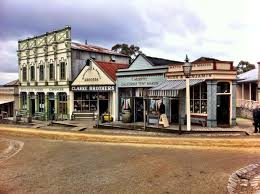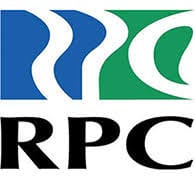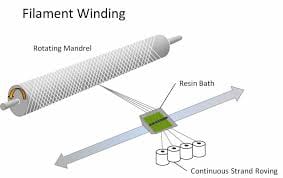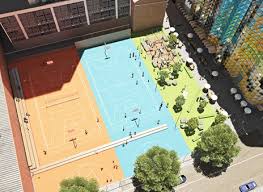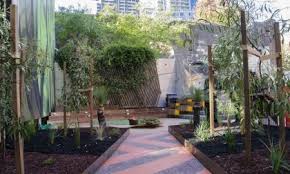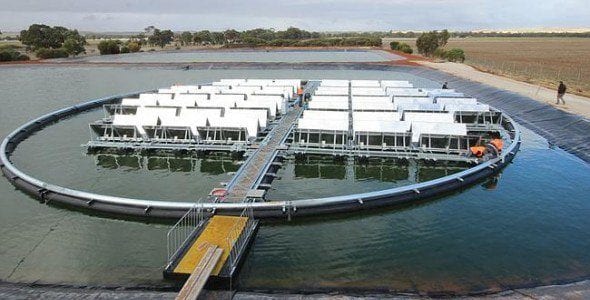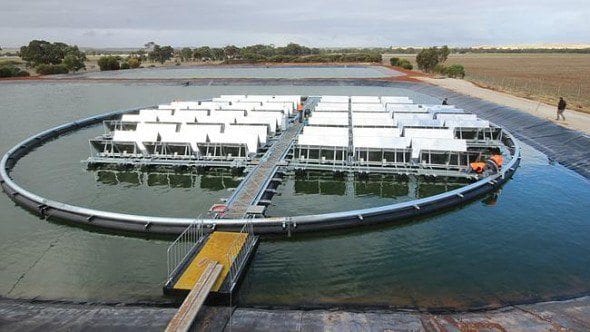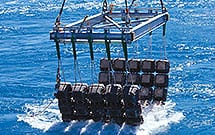Project title: Smart Energy Networking in Sovereign Hill Buildings
Project aim: To audit existing Sovereign Hill buildings to obtain data, and baseline the type and quantity of energy consuming devices. With this information concepts will be developed around networking these devices to enable central point of control, costings will be estimated for the implementation of such a system.
Industry partner: Sovereign Hill
Sovereign Hill is an internationally renowned, award-winning outdoor museum operated by The Sovereign Hill Museums Association, a not-for-profit, community-based organisation. Operating profits are invested back into the museum so that it can provide new experiences and encourage visitors to return. With over 100 buildings across the museum site, power and gas consumption varies with occupation and season.
